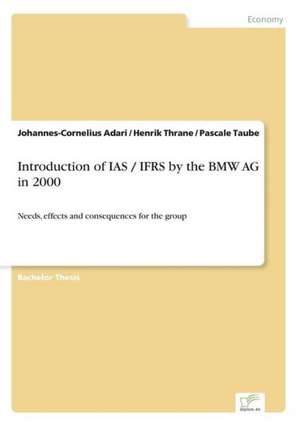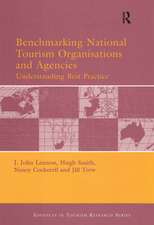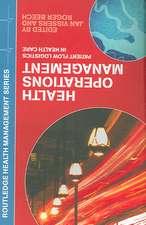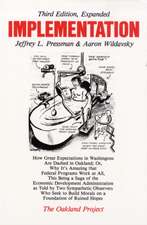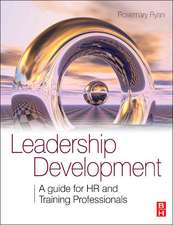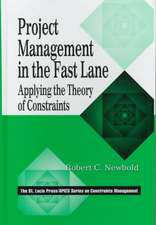Introduction of IAS / Ifrs by the BMW AG in 2000: Goodwill and Other Intangible Assets
Autor Johannes-Cornelius Adari, Henrik Thrane, Pascale Taubeen Limba Engleză Paperback – 9 aug 2004
Preț: 499.84 lei
Preț vechi: 617.09 lei
-19% Nou
Puncte Express: 750
Preț estimativ în valută:
95.65€ • 99.30$ • 79.76£
95.65€ • 99.30$ • 79.76£
Carte tipărită la comandă
Livrare economică 24 martie-07 aprilie
Preluare comenzi: 021 569.72.76
Specificații
ISBN-13: 9783838681924
ISBN-10: 3838681924
Pagini: 74
Dimensiuni: 148 x 210 x 5 mm
Greutate: 0.11 kg
Editura: diplom.de
ISBN-10: 3838681924
Pagini: 74
Dimensiuni: 148 x 210 x 5 mm
Greutate: 0.11 kg
Editura: diplom.de
Notă biografică
Zur Biographie siehe
https://www.xing.com/profile/JohannesCornelius_Adari und
http://www.experte-haftpflichtversicherung.de/profil
Bilbliographie:
1. Geschäftsmodell für den Online-Vertrieb von Versicherungen für Privatpersonen, Bachelorarbeit (case study), 2002
2. Focusing on premium brands. BMW's core strategy, Bachelorarbeit (case study), 2002
3. Introduction of IAS / IFRS by the BMW AG in 2000. Needs, effects and consequences for the group, Bachelorarbeit (case study), 2003
4. The effective reorganization of BMW Group applied to the New MINI. New strategies in the automotive manufacturing processes, sales and marketing, Bachelorarbeit (case study), 2003
5. The Spartanburg Plant Investment by BMW AG. Financial reasons for building the U.S. plant, Bachelorarbeit (case study), 2004
6. The takeover of Rover Group Ltd. by BMW AG. Goals, investments, mistakes and consequences of international investment decisions, Bachelorarbeit (case study), 2004
7. Mergers & Acquisition in der Autotmobilindustrie am Beispiel der Übernahme der Rover Group Holding Plc. durch die BMW AG, Diplomarbeit, 2004
8. Risikomanagement und Berufs-Haftpflichtversicherung für (Zahn-) Arztpraxen im Zeitalter des Patientenrechtegesetzes, 2014
